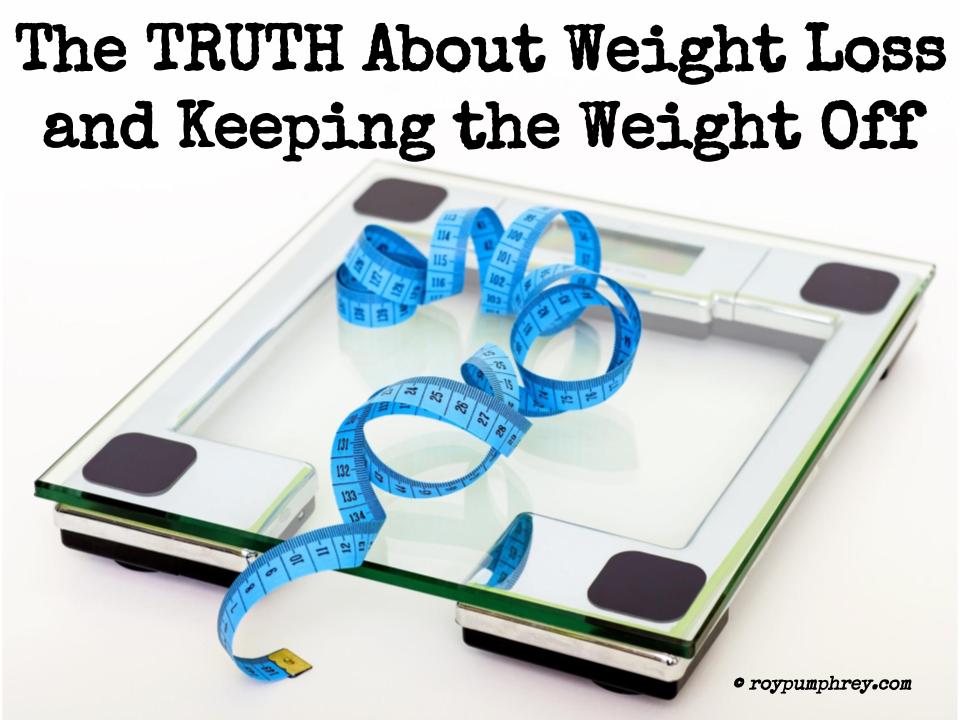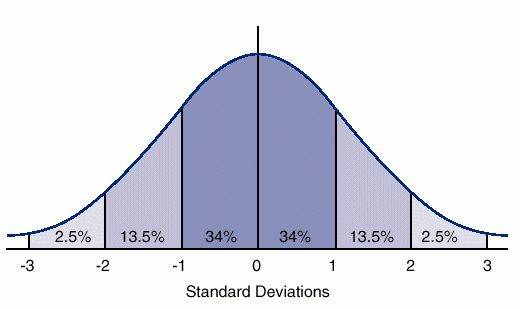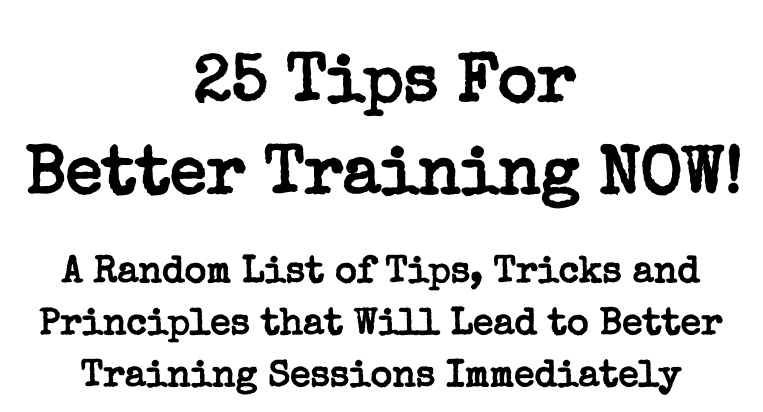
First Things First:
If you’re overweight and/ or have a weight problem.
It’s You’re Fu@king Fault
It’s not your genes, *that’s not how genes work
it’s not your coworkers who bring in donuts,
it’s not because someone puts a gun to your head every night and forces you to drink a bottle of wine or eat at the clown house every night.
It’s your fault, you have control over you, it didn’t just happen.
And that is a great thing, because, since you’re not a victim of your weight:
YOU HAVE 100% CONTROL OVER IT AND CAN CHANGE IT.
Now we can get onto the important stuff.
If we’re talking about someone who starts out with a lot of weight to lose:
It’s Really F-ing Hard. But NOT Impossible.
And no, 95% of people don’t regain the weight they’ve lost.
Here’s How to Lose and Keep the Weight Off:
Treat Weight Loss and Maintenance Like You’re an Addict.
Know why?
Because you are….
If you’re really overweight…
Like you qualify as Obese, you’re a food addict.
You don’t have a fat gene, you don’t have a slow metabolism, you eat too much.
So once you bite the bullet, put the work in….sacrifice and pay the price.
It’s NOT over.
Whatever strategies helped you lose weight, you’re going to need to diligently do those from now on.
FOREVER
I know, Celebrity Trainers, TV and Internet Guru’s and plenty of weight loss books tell you this bullsh@t about,
“Once you’ve achieved your goal and lost the weight you can stop/ ease your diet and go back to “normal eating”.
No
No YOU can’t.
As a Former Fat Kid Myself<—I was pretty chubby for a while…
You need to treat weight loss like a recovering alcoholic or drug addict treats their recovery.
You gotta keep doing what got you there, what was successful, and not change course once you’ve reached your goal weight.
Cause, as only someone who has had a weight (addiction) problem knows;
You’re NORMAL is What Got You Here in the First Place.
You see, the Obese persons, “normal” isn’t the same as the in-shape-their-whole-life persons “normal”.
These two types of people have different stories they tell themselves relationships with food, eating and exercise.
Not to mention, self-esteem, dealing with stress and a number of other physiological and psychological factors.
So when people, who usually have never had a weight problem, tell someone who has a real weight issue that,
“Once you loose the weight you can go back to eating normal”.
They’re dead freaking wrong.
So here’s my 2 cents on what works:
Evidence shows us two things that consistently work for weight loss and every successful long-term dieter I’ve seen has employed them:
Count Your Calories and Weigh Yourself Everyday
Significantly more successful versus unsuccessful weight losers reported that on most days of the week they planned meals (35.9% vs. 24.9%), tracked calories (17.7% vs. 8.8% ), tracked fat (16.4% vs. 6.6%), and measured food on plate (15.9% vs. 6.7%). Successful losers were also more likely to weigh themselves daily (20.3% vs. 11.0%). – Judy Kruger
Granted those might drive you nuts and make you crazy.
Hell, they might not work FOR YOU.
But, science shows that, when compared to other strategies, counting calories and weighing yourself everyday consistently work.
This doesn’t mean other things don’t work, or that these will work for you. <—-not everyone fits inside the curve

*Quick lesson: This is the “Bell Curve” or “Normal Curve”. It’s a measure of how often something occurs relative to the average or mean. As you can see most things, around 70% of the outcomes happen near the mean. That means, when we say, “this works well for most people” we’re talking about the dark blue and maybe even medium blue area not the very light blue or white shaded area.
But this does mean that if you’re trying to lose or maintain weight loss, you’re probably going to want to do BOTH of these to be successful.
Counting Calories:
Despite all the talk about (and truth to the idea) a calorie isn’t a calorie.
“The implicit suggestion is that there are no bad calories, just bad people eating too much,” Dr. Mozaffarian said. “But the evidence is very clear that not all calories are created equal as far as weight gain and obesity. If you’re focusing on calories, you can easily be misguided.”- O’Connor
For people trying to lose massive weight or maintain that weight loss.
A calorie IS a calorie….
A Calorie is Still a Calorie, According to Rigorous New Evidence- Howell
The law of thermodynamics still applies and you need to burn more than you consume to achieve a negative energy balance and lose weight.
Dr. Wang said that for the most part, “if we’re just talking about body weight and obesity, the evidence seems to point in the direction that calories are calories.”
Dr. Wang said that studies consistently show that sugary beverages, potato chips and other high-glycemic foods are indeed associated with weight gain. But this is because they are rapidly digested and easy to consume in large amounts, “not because they bypass our energy balance.” – O’Connor
Weighing Yourself Everyday:
I know, it sucks…
But it works for most:
“Daily self-weighing was associated with significant declines in BMI and body fat percent over time. Future research is needed to examine causal relations between daily self-weighing and weight gain prevention. Nonetheless, these data extend the possibility that daily self-weighing may be important for prevention of unwanted weight gain.”– Rosenbaum
Getting on that scale EVERYDAY gives you instant feedback.
This instant feedback allows you to make micro adjustments on the fly to keep progressing toward or maintaining your goal.
It could be something as simple as: up a pound over yesterday,
“well, maybe I shouldn’t have pizza for dinner tonight. We’ll have skinless chicken breasts instead. I don’t want to be up again tomorrow“.
Nothing huge,
it’s not like you’re NOT EATING.
You’re adjusting to the information you’re getting.
Weighing yourself everyday is just a check in on your investment to make sure you’re heading in the right direction so you can course correct after a night or week of carrot cake, ice cream and fries.
*BTW: I do this, weigh myself EVERYDAY, actually twice a day. Once when I wake up and once right before I get in bed.
Here’s the scale I use Withings/ Nokia, I think its pretty accurate, wi-fi enabled, can be set up for several people, and the graphs in the app are super cool and neato and help to keep me motivated to use it.
It wasn’t available when I bought mine, but now they have this new one Body Cardio model and I probably would have gotten it, had it been available. That said, it’s a bit pricey for a freaking scale. But, if you like data (ie YOU’RE A GIANT NERD) you’d probably like it.
Ultimately it Comes Down to:
Food Prep and Choices:
Want to lose weight?
Want to keep it off?
Control Your Food.
Really, it all comes down to that.
Control what goes in your pie hole and you’ll be successful.
yeah, I could have summed this whole article up in about 3 words, but that’s not fun.
What’s the best way to control your food?
Be Prepared.
How do you do that?
Prep Your Food Ahead of Time.
Significantly more successful versus unsuccessful weight losers reported that on most days of the week they planned meals (35.9% vs. 24.9%) – Kruger
Don’t leave it to chance, circumstance and choices.
Choices can often lead to the choices you’re comfortable with, the ones you’ve made in the past which, in your case are bad choices and regression.
Let us remember, your sh@tty choices are the reason your here in the first place and everyone makes crap choices when they’re hangry.
Take the variable of choice out of the equation and know what you’re going to eat ahead of time.
Going out to eat?
Look at the menu ahead of time and choose what you’re going to order before you even sit down.
Don’t Stop
I’ve seen it time and again, someone has a goal to lose a large amount of weight, lets say 40lbs.
They lose 15lbs, have momentum on their side and then they decide to take a break from the diet for a weekend or vacation, really any extended (more than 1 day) period of time.
Taking a break is usually a death knell to their progress.
Anyone who has lost a massive amount of weight will tell you that starting is the hardest part.
Why go through the hardest part again?
Usually the first week or two, but once you pass that hump and start to see progress, things become much easier.
Once you’re well into the diet and momentum is on your side (about 7-10 days after starting) it’s not even difficult to continue, you just kinda keep trucking.
But a 3, 5, 7 day “break” allows too many to slip back into your old, bad, habits.
It’s an extreme example but I’ve seen a single week on a cruise undo an entire month worth of progress (8lbs).
It’s twice as hard to get moving as it is to keep moving.
Don’t stop, don’t break your momentum…
Keep Going.
I’m At My Goal Weight, Now What?
Keep doing what got you there.
Exercise 5 days a week?
Sure maybe you can cut back from 90 to 60 minutes, but you better still exercise 5 days a week.
Count everything that passed your lips?
Better keep counting calories.
Even a rough guesstimate is better than just winging it.
Prep all your lunches for the week on Sunday?
Looks like you’re gonna need some new tupperware.
Here’s the deal:
Would you tell an alcoholic it’s ok to start drinking once they got sober?
Of course not.
Their relationship with alcohol is fundamentally different from that of a “normal” person.
It’s the same with those who are trying to or have achieved massive weight loss.
If you don’t want to be part of the (not really) 95% of people who regain the weight, treat yourself like an addict and continue to use the strategies that were successful in getting the weight off in the first place.
Be just as diligent, almost militant, if that’s what it takes.
” I hope that people will take away that maintenance of weight loss requires effort and skills that must be practiced and engaged over time,” said study author Corrine Voils , a research career scientist at William S. Middleton Veterans Memorial Hospital –TIME


